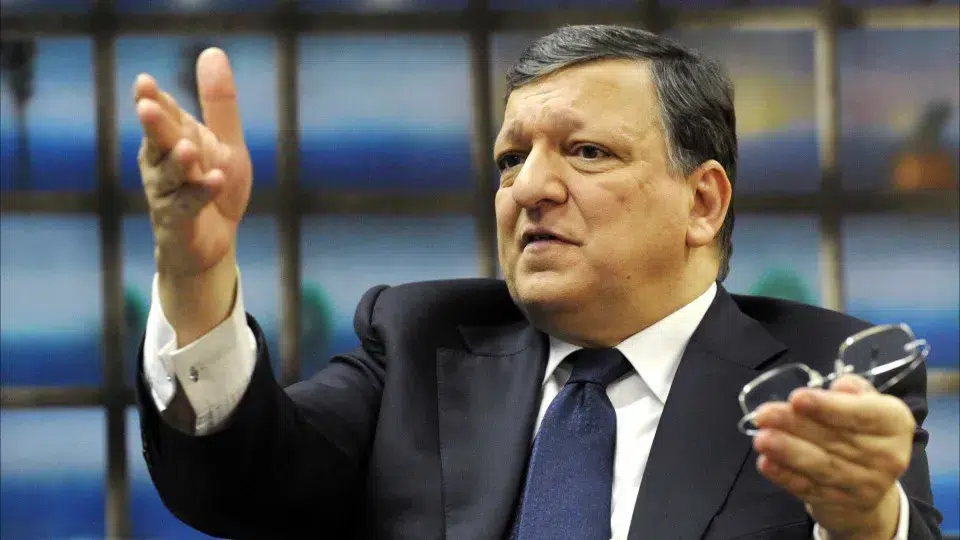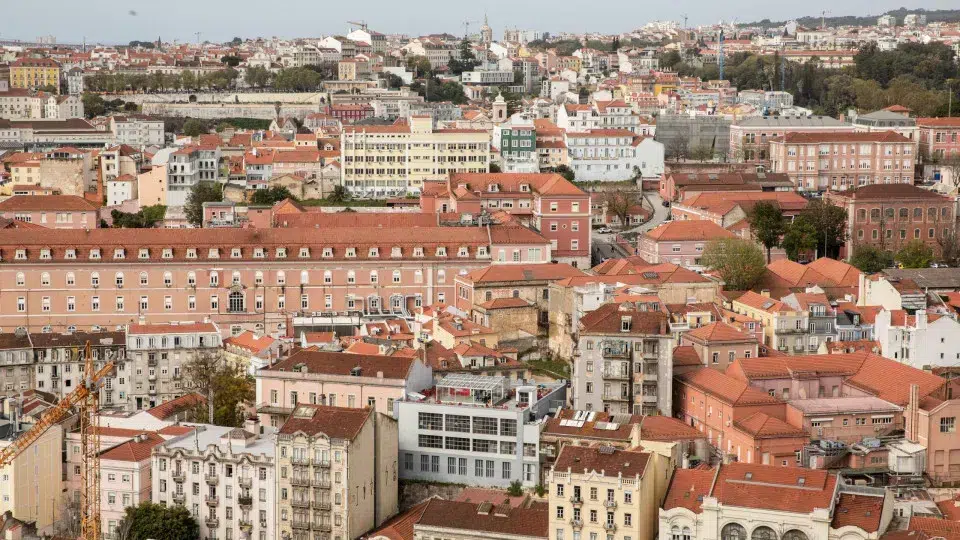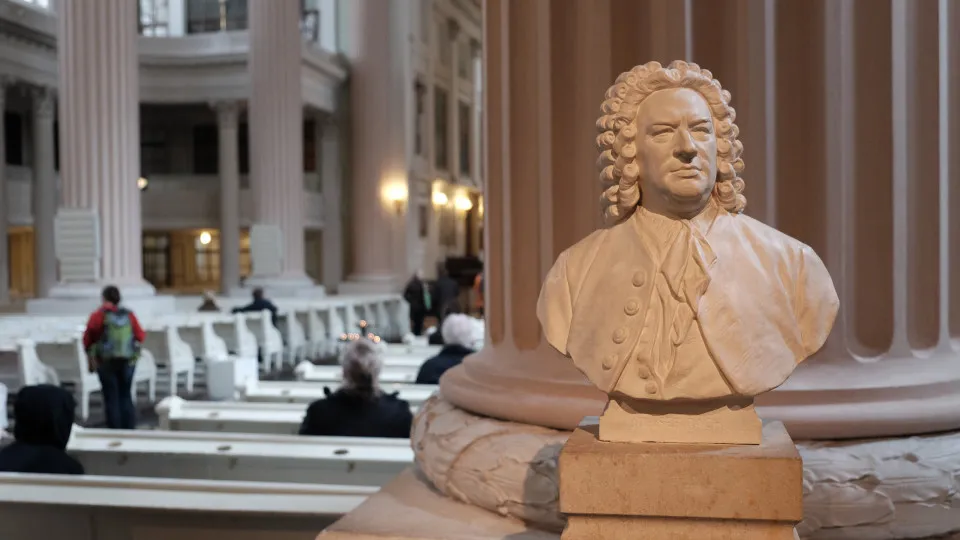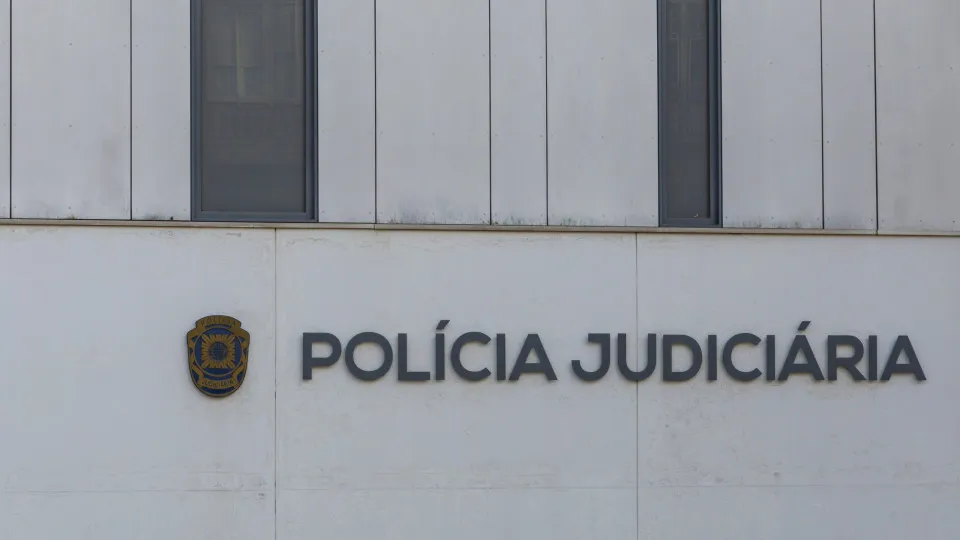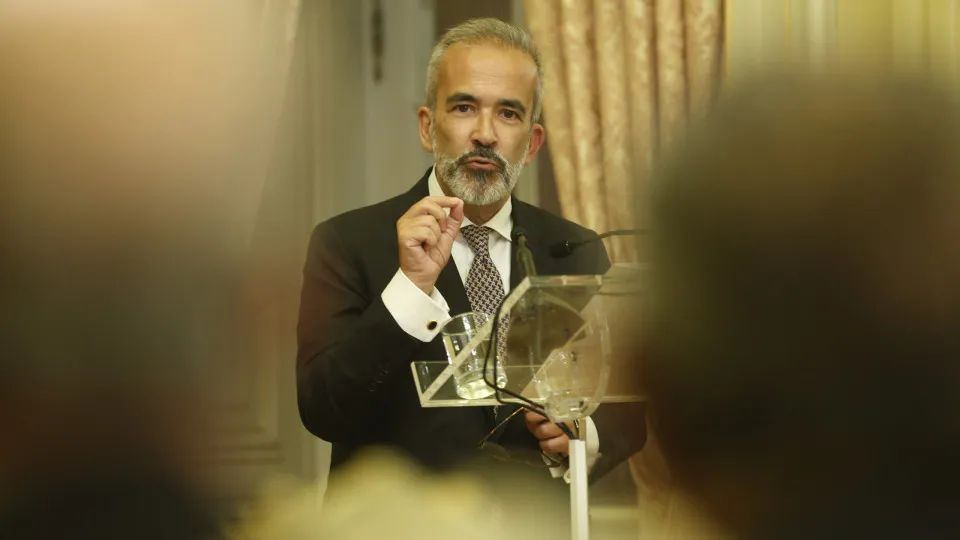
“The narration of this book is the story of two peoples, the Angolan and the Portuguese, who intersected in war and wars, their own and those of others,” said Paulo Rangel. He added that “the colonial war, due to its profound injustice, was the cause of the 1974 revolution, a revolution that, because of its cause, was also the main driver of the self-determination of the Angolan people.”
The Foreign Affairs Minister spoke at the closing of the book launch ceremony for “Bicesse, the Path to Peace,” coordinated by Sónia Neto, which compiles testimonies from 22 participants in the lengthy negotiation round that, for the first time, brought face-to-face members of the Angolan government (led by the Popular Movement for the Liberation of Angola, MPLA, then the sole party) and the National Union for the Total Independence of Angola (UNITA), under Portugal’s mediation with the United States and the Soviet Union as observers.
“It was here that the distrustful and hesitant tension preceding Angola’s most famous handshake was experienced; many present here were actors and witnesses of that long journey, ‘Caminho Longe,’ to echo the Lusophone song by Cesária Évora, that ‘Caminho Longe’ to peace,” emphasized the official. He added, “I evoke the ‘Caminho Longe’ in a triple sense: because 34 years already make it long, because it has taken and is taking Angola far, and because it was indeed a long journey, a lengthy crossing in the inhospitable and turbulent sea.”
The book launch took place in the same room (at the Ministry of Foreign Affairs) where then Angolan President José Eduardo dos Santos and UNITA leader Jonas Savimbi (both deceased) signed, on May 31, 1991, under the gaze of the then Portuguese Prime Minister Aníbal Cavaco Silva, present at this afternoon’s ceremony, the agreements that silenced the guns and paved the way for the constitutional revision that ended the single-party regime and allowed the first free elections in the country (in September 1992).

